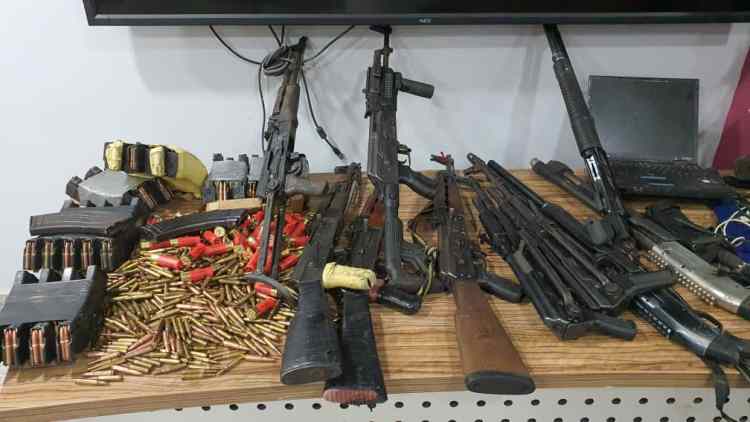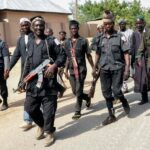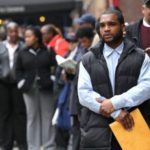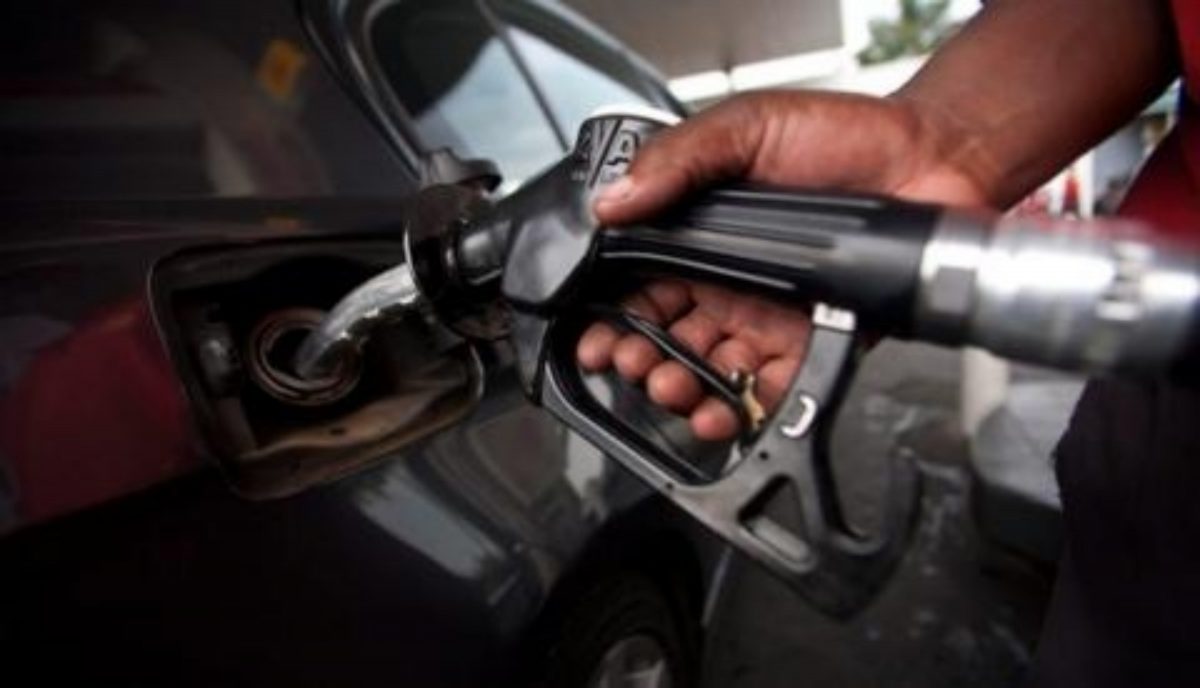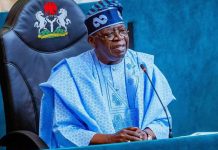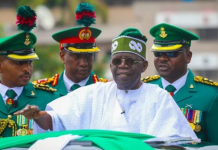Recently, President Muhammadu Buhari during the Passing Out Parade of the Regular Course 04/2016 Cadets of the Nigerian Police Academy in Kano State, said his government will deal with individuals bearing fire arms illegally. This statement, most likely, targeted all persons within the country, including criminals and other citizens using firearms for self-defence. Before this statement, the president had signed an Executive Order in May 2019, revoking all firearms or shortgun certificates or licences in Nigeria. The debate on the use of firearms by civilians has taken a global stand lately. President Joe Biden, president of the United States, said that he supports a ban on assault weapons such as AK-47. But short of that, Joe Biden said he supports raising the age at which US citizens can purchase that type of firearm from 18 to 21. The United States once had a 10-year assault weapons ban that expired in 2004; since then, the number of mass shootings have soared.
When the heart persistently aches, fright becomes the order of the day and tears continue to flow like the rain of arrows; the tongue will seize to be the main tool of defence of a victim. The victim has no option, but to acquire a weapon for self-defence or surrender and remain mute. The statistics of these persistent aches can agitate any callous listener and tranquilise a patient under excruciating pains. The government is making obvious efforts, but major action is needed to end these aches. Even safer places in the country are coming under major attacks. Just recently, gunmen disguised as worshippers, killed over 35 worshipers in an Ondo church. Also, suspected bandits recently attacked Gwarinpa Estate along Abuja-Zuba expressway in the early hours of the day and kidnapped some residents.
Due to persistent attacks by bandits, Governor Samuel Ortom of Benue State in 2020 called on the Federal Government to allow citizens bear arms to protect themselves; his counterpart in Katsina, Governor Aminu Masari in 2021, charged residents of his state to arm themselves against bandits. To epitomise it all, the Minister of Defence, Major General Bashir Magashi in 2021 called on weaponless tax payers/citizens to defend themselves against attacks by bandits. There are lots of practical reasons justifying this call, but these do not settle the question of which weapon should law abiding citizens use for self-defence against heavily-armed terrorists.
Banditry/kidnapping has compelled numerous citizens to acquire private firearms for self-defence and this peculiar challenge has the potential of placing banditry/kidnapping above Boko Haram in terms of national security quagmire. Citizen involvement in self-policing is a foremost causes of increase in local fabrication and importation of firearms into Nigeria. Even a mad person will dare not challenge a terrorist holding an AK-47 rifle with a cutlass. For the purpose of civilian self-policing, guns of different types are in the possession of many expectedly ‘law-abiding’ citizens. Since temptation is the root of all evils and the baldness of a head begins at the temples, someday, the victim can become the predator. With rise in the number of firearms among civilians, the task of security agencies engaged in managing religious or communal crises in Nigeria may metamorphose from confronting aggrieved citizens carrying knives and cutlasses to combating agitating groups bearing different types of firearms.
Particularly, prompt rescue during emergencies may suppress the desire of civilians to acquire firearms. Spontaneously exposing law-abiding citizens with small firearms to fight blood-thirsty, barbaric, wild and remorseless heavily-armed terrorists is the peak of crime against humanity and may increase the interest of civilians to acquire more sophisticated firearms. If fighting bandits/terrorists seems laborious to the Nigerian Armed Forces that are vested with the requisite structure to combat with other nations, then what can a naive citizen bearing a primitive firearm achieve? The outcome will certainly be catastrophic in favour of the bandits which is in harmony with the killings we hear perpetually in the north, especially in rural and suburban communities. The rural areas in Nigeria are extremely exposed and vulnerable to the activities of terrorists. Thus, they are at most times compelled to obey anarchistic orders or acquire firearms for self-defence.
The ruthlessness of the bandits can make the civilian self-policing progressively attain a demonic effrontery in the near future. Staying near an anthill can turn the antelope brown. The government must intensify its fights against banditry/terrorism, before affected citizens dwelling in rural and suburban communities start acquiring heavy firearms privately. It may start with citizens taking the law into their hands and subsequently aggravate to a hydra-headed national emergency. While playing the victim card, new anarchistic groups may start emerging in the name of self-defence. Currently, a consequential task of the security agents in affected communities is restricting the use of weapons for civilian self-policing to non-prohibited, small firearms; this includes hunting and seizing firearms snatched by civilian self-policing team members during combat with terrorists.
The National Assembly needs to initiate a series of open discussions on ‘the Nigerian firearms law and the current felonious acquisition of private firearms’. The law of Nigeria gives only the Federal government the powers to regulate private access to even the non-prohibited firearms. Data on proliferation of small weapons in Nigeria is extremely scary. According to SBM Intelligence reports in 2020, the number of small arms in the hands of civilian non-state actors in Nigeria is estimated at 6,145,000, while the armed forces and law enforcement agents collectively account for just 586,600 firearms. Most firearms seizures made within national territories are manufactured locally and only 10 % are intercepted at the boarders. Also, about 70 % of the illegal arms in West Africa are in Nigeria.
Our best hope is for kidnapping/terrorism to end soonest, but the thought of the number of firearms in the hands of civilians sets hope against hope and awaken more fears. The monstrous impacts of poverty, illiteracy, ignorance and impunity in the country further amplify these fears. The progression and sequelae of these challenges can be arrested if the state governments develop a system of managing members of the civilian self-policing teams for synergistic function with the security agencies. The system should actively register and manage all civilian groups involved in community policing in every state. It should identify, regulate and monitor all firearms acquired by individuals or collectively by the community for the purpose of civilian self-policing. It could be designed such that individuals can legally acquire non-prohibited firearms that they can privately managed, but must be donated to the government so as to strengthen the power of the state in the control of weapons. This topic should take a central stage in presidential and gubernatorial election debates. The power of the state/government must always be paramount. Any leader that cannot constitutionally superimpose the powers of the government over the powers of the wicked within his/her territory, should not smell the seat of power. Succumbing to powers that override the authority of government is a mark of weakness and could breed anarchy. Anarchy is a predator and anyone within its niche, is a prey.



